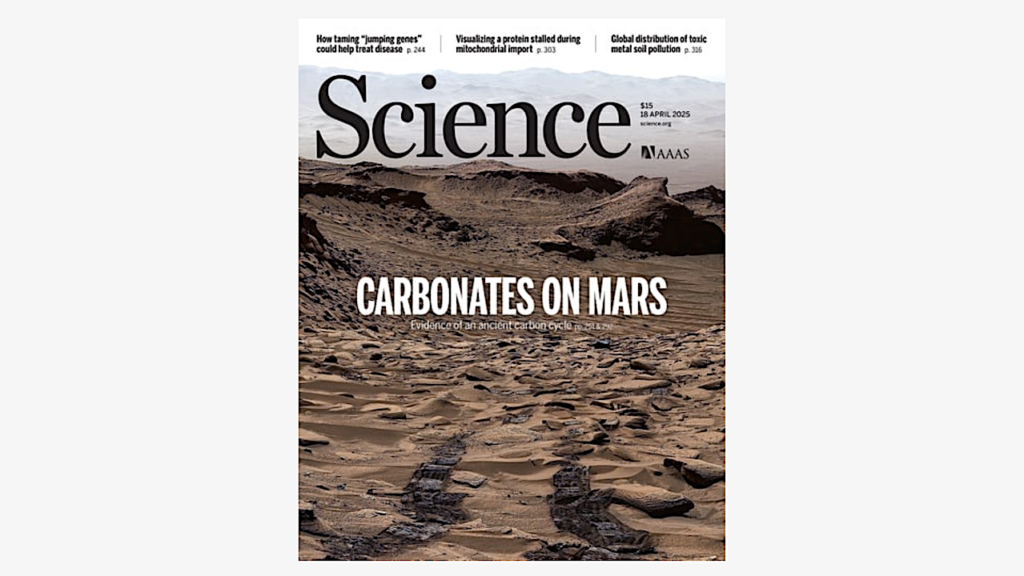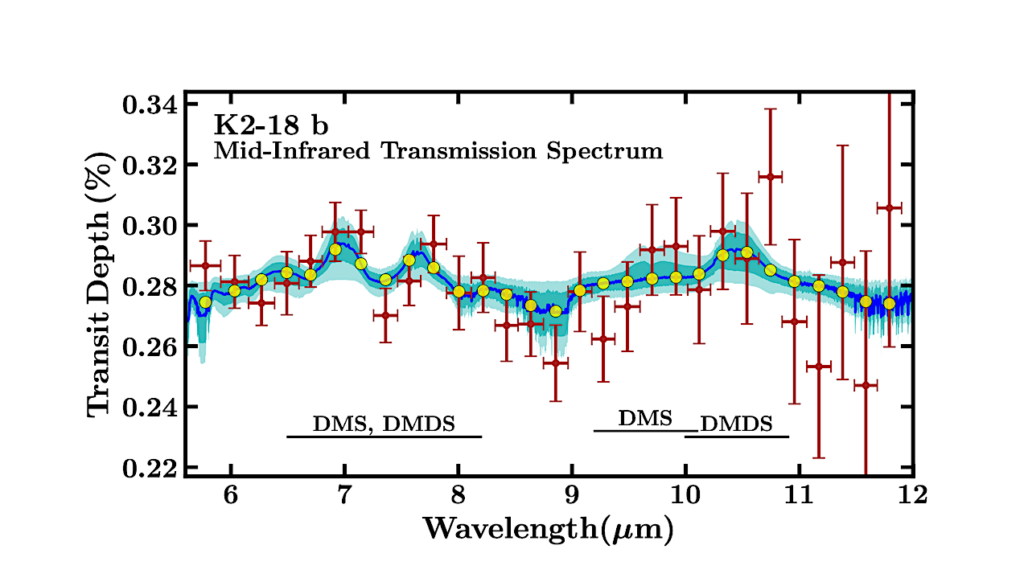NASA Researchers Start To Backtrack on Earlier Claims
 Study on arsenic-based life takes a beating on the Web, Washington Post
Study on arsenic-based life takes a beating on the Web, Washington Post
“Linda Billings, a George Washington University research scientist and NASA consultant on media issues, said that based on the mountain of blogs and comments she has collected, one of the central concerns appears to be NASA’s use of the word “extraterrestrial” in its initial release. “The fact is that NASA is involved in the search for extraterrestrial life, and this research had some possible implications for it,” she said. “But clearly, that word brings out strong emotions, and we have to be careful about that.”
‘Weird life’ researchers answer critics, MSNBC
“For the past couple of weeks, members of the Mono Lake research team have declined to respond in detail to the criticisms, saying that they preferred to address questions through a peer-reviewed process. But today, team leaders Felisa Wolfe-Simon and Ron Oremland of the U.S. Geological Survey said they were providing additional information about the experiments “as a public service … while more formal review of their responses to comments sent to Science continues.”
Response to Questions Concerning the Science Article, “A Bacterium That Can Grow by Using Arsenic Instead of Phosphorus” , Felisa Wolfe-Simon
“A key purpose of scholarly publication is to advance science by presenting interesting data and proposing testable hypotheses. Understandably, the most surprising findings tend to generate the most intense response and scrutiny from the scientific community. Post-publication responses to original research, and efforts to test and replicate the results, especially in cases of unexpected findings, are an essential mechanism for advancing scientific knowledge.”
Backing off an arsenic-eating claim, Philadelphia Inquirer
“The original announcement, made at a NASA news conference Dec. 2, seemed to break a cardinal rule of biology that all organisms need some phosphorus to survive. NASA researchers claimed to have discovered an exotic organism in California’s Mono Lake that lived instead on arsenic, thus broadening the types of life that may exist in the universe. The news made headlines worldwide including a New York Times story that ran in The Inquirer on Dec. 3. On Thursday, the researchers issued a more modest claim. Instead of saying the microbes had completely substituted arsenic for phosphorus, a new statement says the arsenic replaced “a small percentage” of the phosphorus.”
What Poison? Bacterium Uses Arsenic to Build DNA and Other Molecules, Science
Earlier posts








